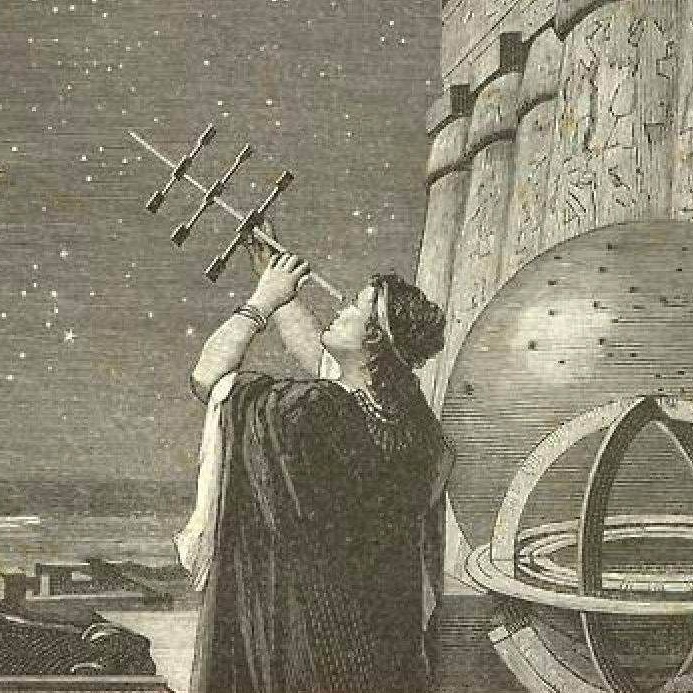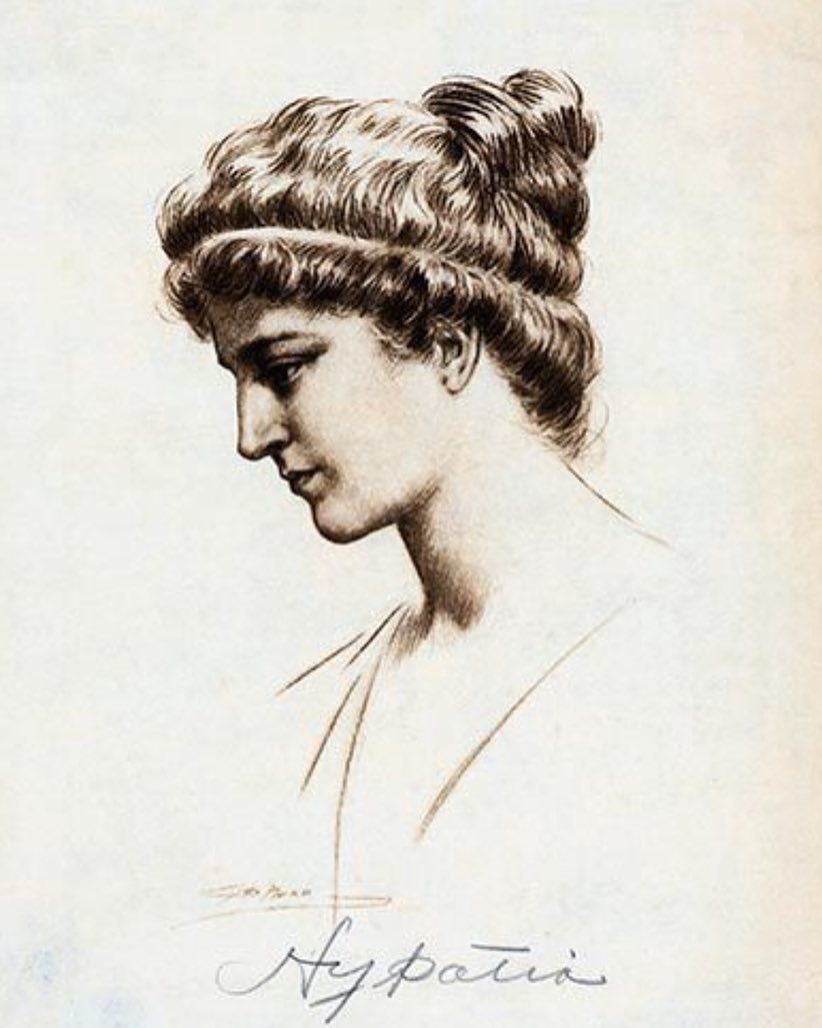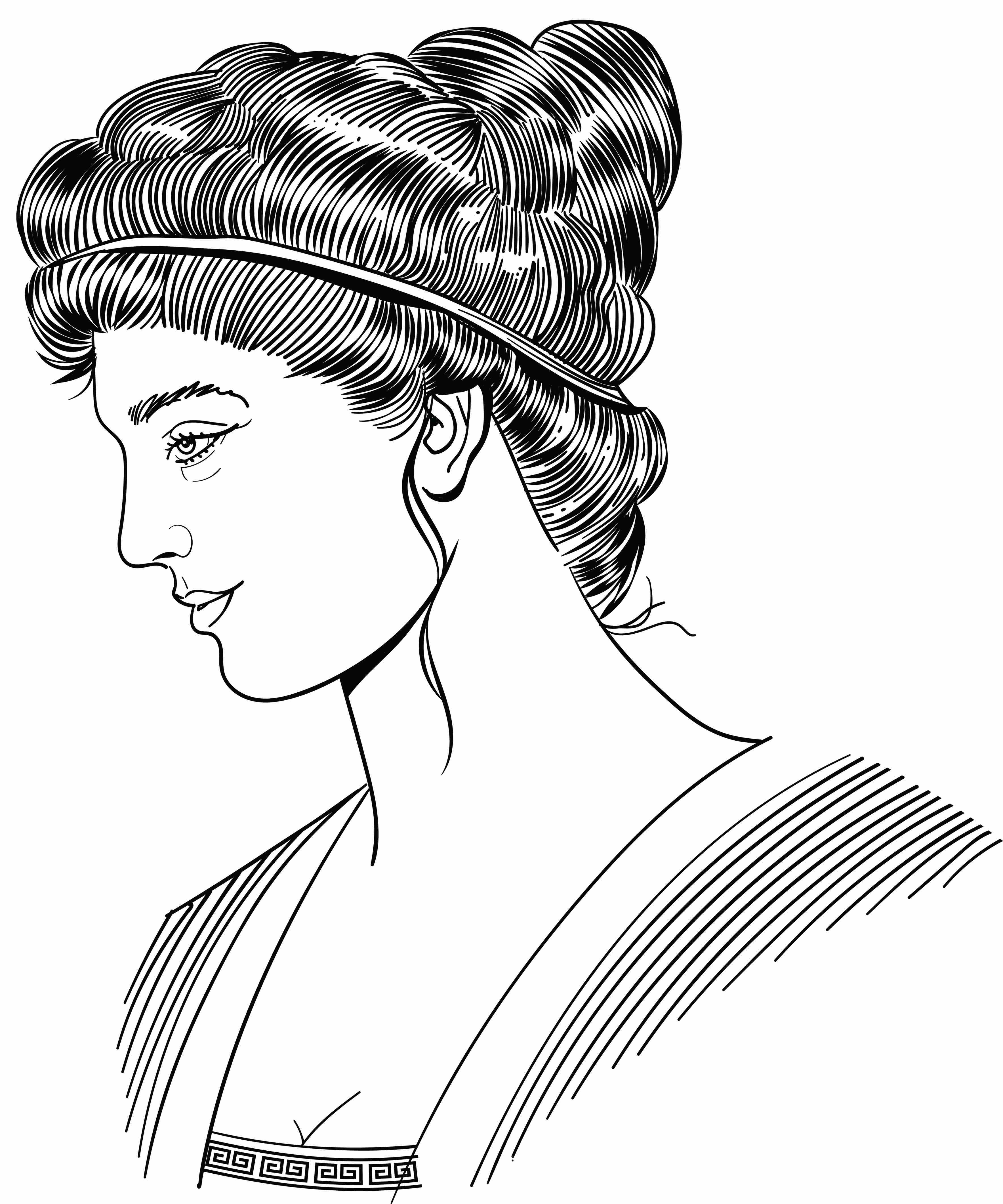
Hypatia, also known as Hypatia of Alexandria, was a renowned philosopher, mathematician, and astronomer who lived during the late 4th century AD. Her remarkable contributions to various fields of knowledge and her tragic fate have made her a fascinating figure in history. In this article, we will explore 20 interesting facts about Hypatia, shedding light on her life, accomplishments, and enduring legacy.
Hypatia’s Early Life
Hypatia was born around 355 AD in Alexandria, Egypt, which was a vibrant center of learning and intellectual exchange during that time. She came from a highly educated family, and her father, Theon of Alexandria, was a prominent mathematician and astronomer.
Education and Expertise
Under her father’s guidance, Hypatia received a comprehensive education in mathematics, philosophy, and astronomy. She developed a deep understanding of various philosophical schools, including Neoplatonism, which greatly influenced her own philosophical views.
Teacher and Scholar
Hypatia’s intellectual prowess and extensive knowledge led her to become a respected teacher and scholar. She established herself as the head of the Platonist school in Alexandria, where she taught and mentored numerous students, both male, and female.
Contributions to Mathematics
Hypatia made significant contributions to mathematics, particularly in the areas of algebra, number theory, and conic sections. She refined existing mathematical theories and developed new methods, earning her a reputation as one of the leading mathematicians of her time.

Astronomical Studies
In addition to mathematics, Hypatia dedicated herself to the study of astronomy. She conducted meticulous observations of celestial bodies and contributed to the development of astronomical instruments, such as the astrolabe, which was used for measuring angles and predicting celestial events.
Literary Works
Hypatia was not only a practitioner of mathematics and astronomy but also a prolific writer. Unfortunately, most of her work has been lost over time. However, her commentaries on various mathematical and philosophical texts, including those by Diophantus and Apollonius, were highly regarded during her lifetime.
Influence on Philosophy
Hypatia’s philosophical ideas were influenced by Neoplatonism, a school of thought that sought to reconcile Platonic philosophy with elements of mysticism and religious spirituality. She emphasized the pursuit of virtue, knowledge, and the unity of all beings.
Advocate for Women’s Education
In a time when women had limited access to education and intellectual pursuits, Hypatia stood out as a champion for women’s rights. She encouraged the education of women and believed in their intellectual capabilities, paving the way for future generations of female scholars.

Multilingual Abilities
Hypatia was known for her multilingual abilities. She was fluent in Greek, the language of intellectual discourse during her time, as well as Egyptian and Latin. Her linguistic skills enabled her to engage with a wide range of scholars and texts from different cultures.
Hypatia’s Influence on Philosophy and Science
Hypatia’s teachings and intellectual contributions had a profound impact on the development of philosophy and science. Her ideas and methodologies influenced numerous scholars and thinkers in subsequent centuries, contributing to the advancement of knowledge.
Violent Death
Tragically, Hypatia’s life was cut short by a brutal act of violence. In 415 AD, she fell victim to a mob instigated by political and religious tensions in Alexandria. Her untimely death marked the end of an era and sparked outrage among intellectuals and philosophers.
Symbol of Intellectual Freedom
Hypatia’s untimely demise transformed her into a symbol of intellectual freedom and resistance against dogmatism. Her murder brought attention to the importance of protecting intellectual pursuits and fostering an environment of open inquiry and tolerance.

Influence on Feminism
Hypatia’s courage, intellect, and determination have made her an iconic figure in feminist history. Her pursuit of education, advocacy for women’s rights, and relentless dedication to her intellectual passions continue to inspire women around the world.
Historical Depictions
Hypatia’s life and legacy have been portrayed in various works of literature, art, and film. Notable depictions include the novel “Hypatia: Or, New Foes with an Old Face” by Charles Kingsley and the film “Agora,” which portrays her life and the events leading to her tragic end.
Remembering Hypatia
To commemorate Hypatia’s contributions and inspire future generations, several institutions, including universities and scientific organizations, have been named in her honor. These institutions serve as a testament to her enduring legacy and the significance of her intellectual contributions.
Final Thoughts
Hypatia’s brilliance, courage, and intellectual curiosity have left an indelible mark on history. Her contributions to mathematics, astronomy, and philosophy, along with her unwavering commitment to education and women’s rights, continue to inspire and shape the world of knowledge. Hypatia’s story serves as a reminder of the power of intellect, the pursuit of truth, and the importance of fostering an inclusive and tolerant society.
Frequently Asked Questions (FAQs)
Did Hypatia have any notable students?
Yes, Hypatia had several notable students, including Synesius of Cyrene, who became a prominent philosopher and bishop.
What were Hypatia’s major mathematical contributions?
Hypatia made significant contributions to algebra, number theory, and conic sections. She refined mathematical concepts and developed new methods for solving equations.
How did Hypatia’s death impact the intellectual community?
Hypatia’s violent death sent shockwaves through the intellectual community, leading to increased tensions and a decline in intellectual pursuits in Alexandria for some time.
Are there any surviving works attributed to Hypatia?
Unfortunately, the majority of Hypatia’s works have been lost over time. Only fragments and references to her writings exist in the works of later authors.
What is the significance of Hypatia in modern times?
Hypatia is seen as a symbol of intellectual freedom, women’s rights, and the pursuit of knowledge. Her legacy continues to inspire and serves as a reminder of the importance of intellectual curiosity and tolerance.
Was this page helpful?
Our commitment to delivering trustworthy and engaging content is at the heart of what we do. Each fact on our site is contributed by real users like you, bringing a wealth of diverse insights and information. To ensure the highest standards of accuracy and reliability, our dedicated editors meticulously review each submission. This process guarantees that the facts we share are not only fascinating but also credible. Trust in our commitment to quality and authenticity as you explore and learn with us.
